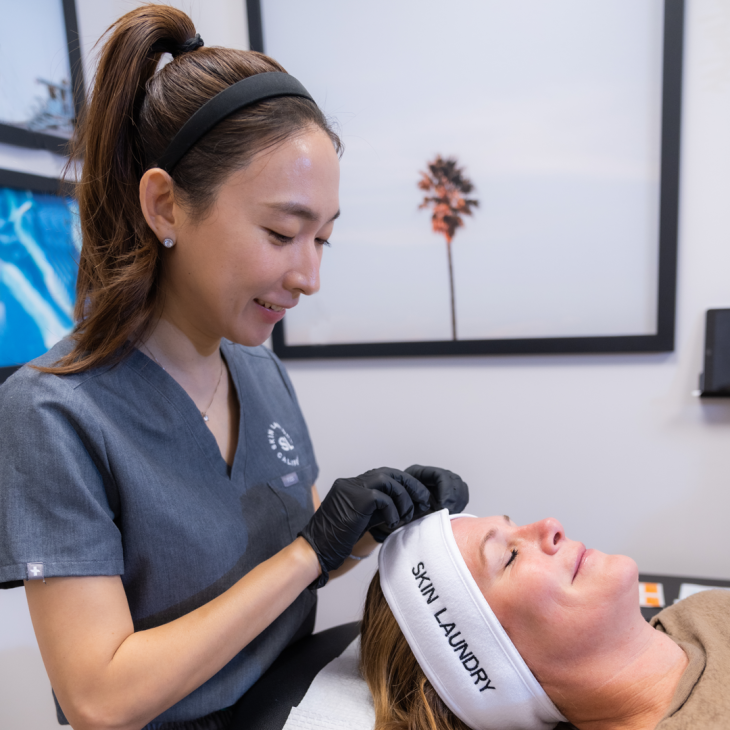If you run a business with employees, chances are you’ve been thinking about the COVID-19 vaccines and the advantages they could pose for your company. You can have a safer workforce, boost productivity, improve morale, and salvage your bottom line with an entire in-house staff. As great as this sounds, however, there’s still a lot of uncertainty around the vaccinations, and the level of control employers should have on their staff.
Still In The Early Stages
Although the Equal Employment Opportunity Commission stated it was alright for business owners to mandate COVID-19 vaccines, there are some limitations. For starters, there are no laws etched in stone backing employers who take this approach. Secondly, individuals who are rightfully exempt due to religious practices and disabilities can file a complaint if they violate their rights under the American Disabilities Act or the Civil Rights Act of 1964 Title VII.
Encouragement Seems Best
Since most companies aren’t willing to take the legal and financial risks of mandating vaccines across the board, they’ve decided to offer incentives. Giving employees some form of compensation for getting vaccinated seems innocent enough. It also seems like a small price to pay for your employees’ health and wellness.
Why not do like other companies and offer a few bucks as a cash bonus or paid time off for employees to get the vaccines? After all, it seems like an effective way to make sure your business survives in 2021.
Until It Isn’t
Remember, there aren’t any clear laws or guidelines for COVID-19 vaccine mandates or incentive programs. As time goes on, however, companies could run into issues that leave them with financial and legal ramifications. Let’s say you offer your employees $150 to get the vaccine and show proof. Later on, an employee has an adverse reaction to the vaccine and files a complaint.
Although you didn’t force them to get the vaccine, they may have felt like they had no choice if they were hard up for cash. If the law agrees that your incentive was too much or coercion, you could have to cover everything from the employee’s time out of the office to their medical expenses due to the adverse reaction to the vaccine.
Discrimination
Coercion isn’t the only thing you have to worry about with a COVID-19 vaccine incentive program. There’s also discrimination. As stated above, certain employees are exempt from getting the vaccine. If you start handing out incentives to everyone else, they could feel as if they’re being left out or discriminated against. Unfortunately, your intentions won’t matter if they file a complaint. It’s how your actions did or didn’t violate their rights.
It Can Get Costly
Another thing about COVID-19 vaccine incentives is that they can get expensive. Let’s say you’re a startup company. You’re ready to hire employees to get your business off the ground. Along with the background check for the job, submitting a resume, and scheduling an interview, you offer each qualified candidate a cash bonus to get the vaccine before their start date. Depending on how many new hires you need, you’re looking at several hundred, if not thousands of dollars in incentives.
The same is true if you’re an established business. Paying 50 employees or more $100, 2-4 hours in paid leave, or $50 for transportation costs is going to add up quickly. If this isn’t something you budgeted for, you’ll have to dip into your reserves or go into debt to compensate everyone.
It’s excellent that COVID-19 vaccines are available as a means to stop this life-threatening disease in its tracks. It’s also great that business owners have a right to choose how to protect their employees and work environments. Be that as it may, this is all too new to make a rash decision. Without proper guidance or iron-clad laws in place, employers should think long and hard about whether an incentivized program is something they want to implement at this time. If so, just ensure you’re prepared for whatever repercussions may come your way.























